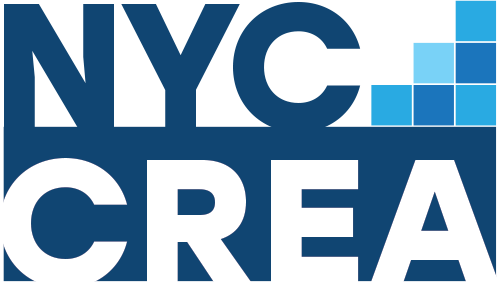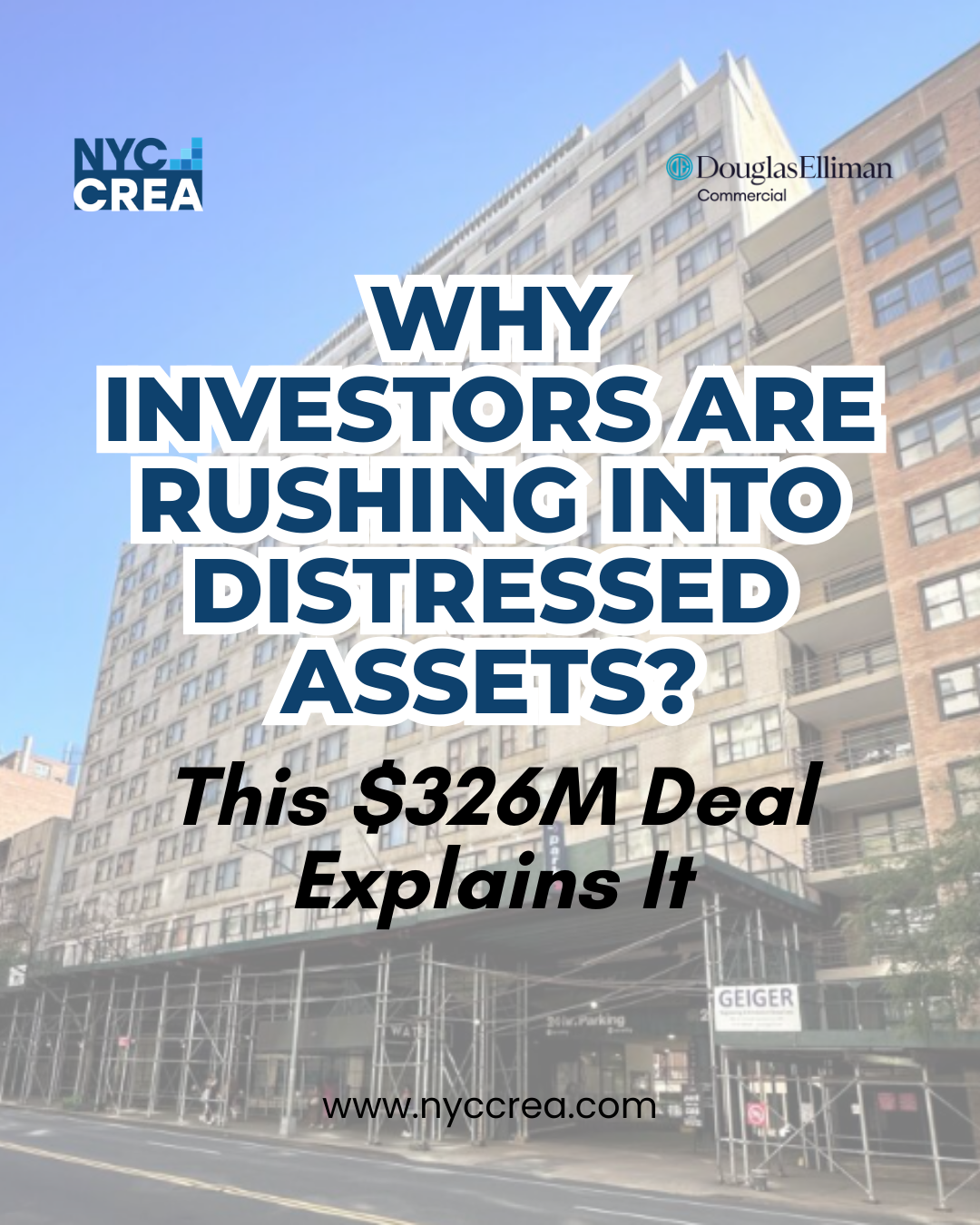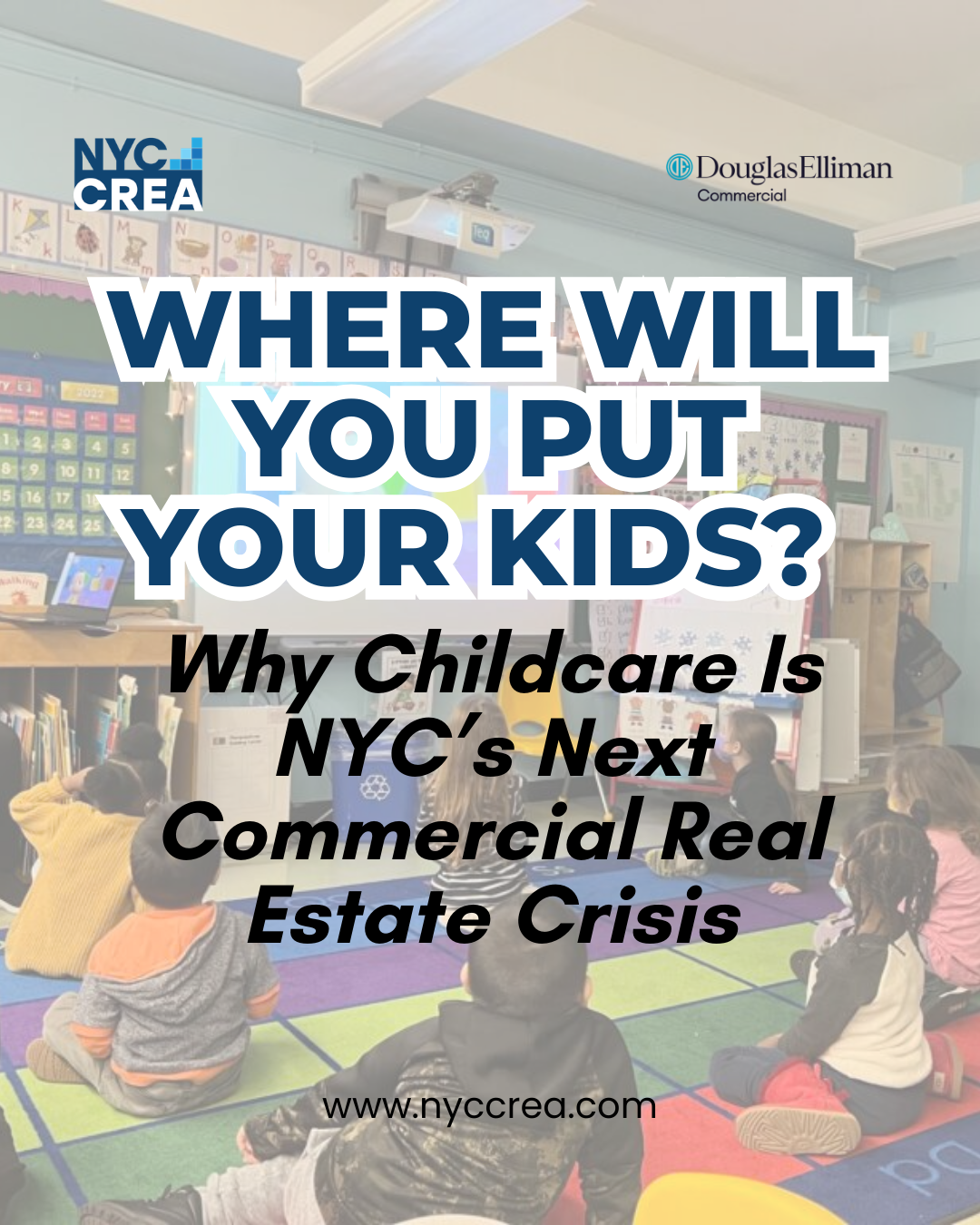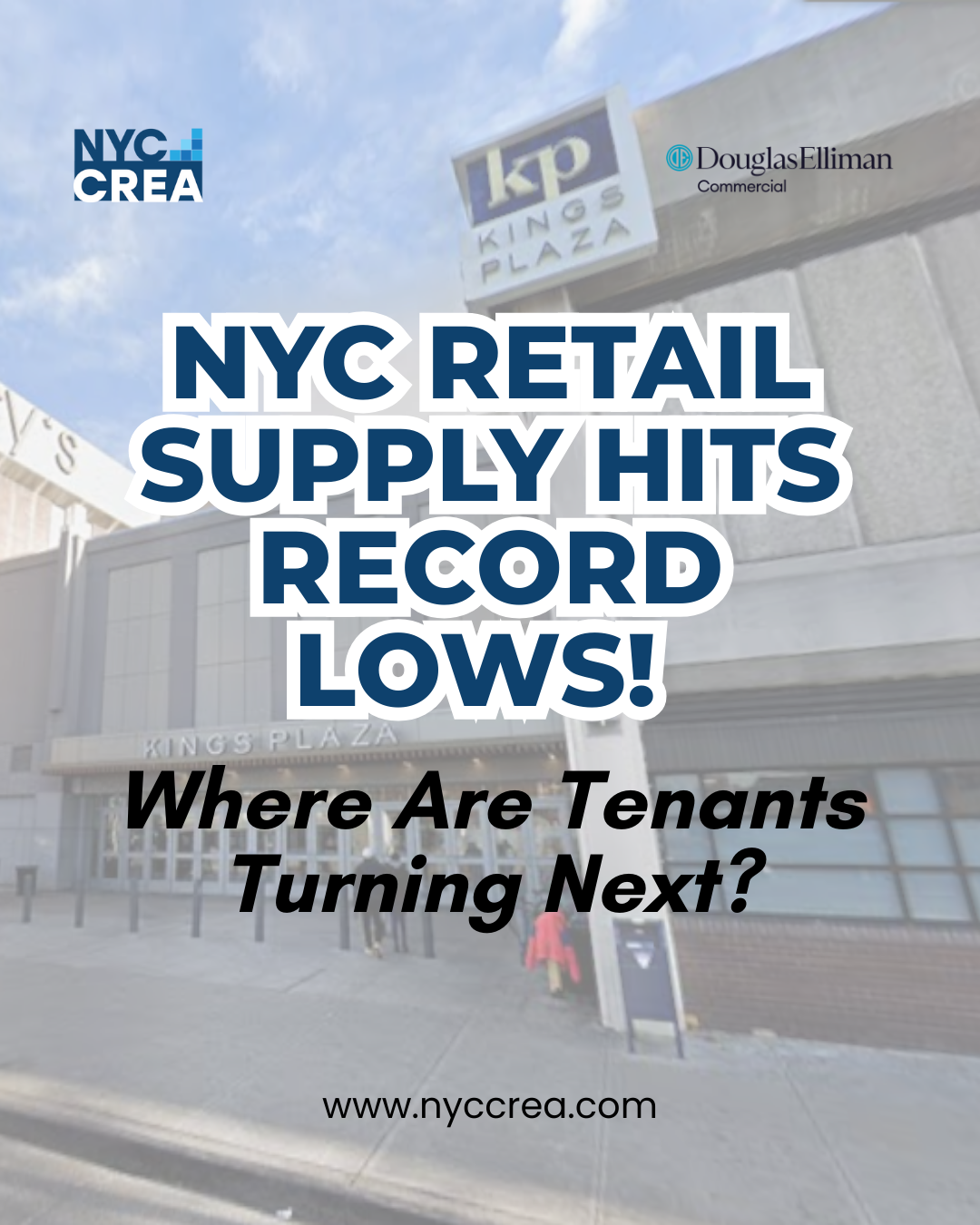Renowned for its vibrant commercial real estate market, New York City presents a diverse range of investment opportunities. Whether you have extensive experience in real estate or are embarking on your first commercial property purchase, navigating the dynamic landscape of this city can be both thrilling and demanding. This article aims to delve into essential factors to consider when identifying commercial real estate opportunities in New York City, equipping you with the knowledge to make informed decisions and unlock the full potential of your investments.
- Location, Location, Location:
In the world of real estate, location is paramount, and New York City is no exception. Each neighborhood in the city possesses its own unique characteristics, market demands, and target audiences. To identify promising commercial real estate opportunities, it is crucial to research and understand the neighborhoods that align with your investment goals.
Consider factors such as foot traffic, proximity to transportation hubs, demographics, and future development plans. Areas like Midtown Manhattan, Downtown Brooklyn, and Long Island City have historically attracted businesses due to their prime locations and accessibility, while emerging neighborhoods like Harlem and Bushwick offer great potential for growth and value appreciation.
- Market Research and Analysis:
Thorough market research is fundamental to identifying viable commercial real estate opportunities. Analyzing market trends, vacancy rates, rental rates, and overall demand for commercial spaces will provide insights into the profitability and sustainability of potential investments.
Engage with real estate professionals, attend industry conferences, and review market reports to gain a comprehensive understanding of the current state of the commercial real estate market in New York City. Additionally, leveraging online platforms and resources, such as real estate websites and databases, can help you explore available properties, compare prices, and track market trends.
- Property Type and Usage:
New York City boasts a diverse range of commercial property types, including office buildings, retail spaces, industrial warehouses, and mixed-use developments. Identifying the right property type that aligns with your investment goals is crucial.
Consider the specific usage requirements for different industries. For instance, technology companies may seek flexible office spaces, while retailers may prioritize high-visibility storefronts. Understanding the needs of potential tenants or buyers will help you narrow down your options and select properties that have the highest potential for generating steady income or capital appreciation.
- Financial Considerations:
Commercial real estate investments involve significant financial commitments, so it is essential to assess the financial aspects before making a purchase. Evaluate your budget, financing options, and expected return on investment (ROI). Consider factors such as property taxes, maintenance costs, and potential rental income.
Furthermore, keep an eye on economic indicators and government policies that may impact the commercial real estate market, such as interest rates, tax incentives, and zoning regulations. Working with financial advisors and real estate professionals can provide valuable guidance in assessing the financial viability of potential investments.
- Due Diligence and Professional Assistance:
Before finalizing any commercial real estate transaction, conduct thorough due diligence to ensure that you are making an informed decision. Engage professionals, such as real estate attorneys, property inspectors, and appraisers, to assess the property’s condition, legal compliance, and potential risks.
Additionally, seek guidance from experienced commercial real estate brokers or agents who possess in-depth knowledge of the New York City market. Their expertise, industry connections, and negotiation skills can be invaluable throughout the process, from identifying suitable properties to closing the deal.
Conclusion:
Identifying commercial real estate opportunities in New York City requires careful consideration of several factors, including location, market research, property type, financial aspects, and due diligence. By conducting thorough research, leveraging market analysis, and seeking professional assistance, you can enhance your chances of finding lucrative commercial properties that align with your investment goals.
Remember, the commercial real estate market is ever-evolving, and staying informed about current trends and market conditions is crucial. Regularly monitor market updates, attend networking events, and stay connected with real estate professionals to stay ahead of the game.
Investing in commercial real estate in New York City can offer substantial rewards, but it also comes with its fair share of risks. It’s important to exercise caution and diligence throughout the process. Take the time to thoroughly evaluate each opportunity, assess the potential risks, and ensure that the investment aligns with your long-term goals.
Lastly, maintain a long-term perspective. Commercial real estate investments often require patience and perseverance. It may take time to find the perfect property that meets your criteria and offers a solid return on investment. Don’t rush into making decisions that you may later regret. Instead, focus on building a well-diversified portfolio that balances risk and reward.
In conclusion, identifying commercial real estate opportunities in New York City requires a strategic approach and a deep understanding of the local market. By considering factors such as location, market research, property type, financial considerations, and seeking professional assistance, you can increase your chances of finding profitable investments. Remember to conduct thorough due diligence and stay informed about market trends to make informed decisions. With careful planning and a proactive mindset, you can unlock the potential of New York City’s dynamic commercial real estate market and achieve long-term success as a commercial property investor.






